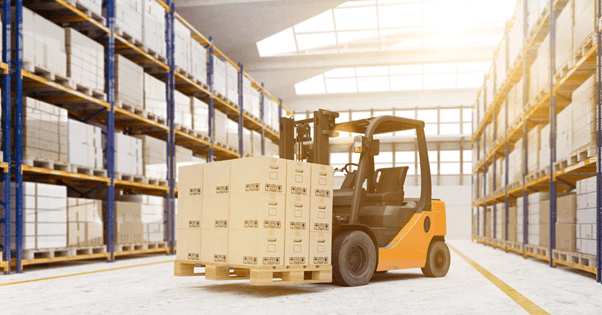You can
perfectly tell if a business successful or not based on the number of its
franchises in its home turf and all around the world. Once a business
established itself in its home country, it usually ventures out and finds new
customers in other parts of the world. If your business is doing very well,
expanding internationally can become a feasible option. But before you buy your
property and make a localized business model, here are some things you need to
consider.
1. Consider the state of your cash flow
Expansion is
already a risky investment, even in a local setting. The international
expansion would be even more challenging, considering other factors that can
affect your business. What makes it possible and stable financial standing, a
state that might need steady cash flow. If your company is not generating
enough cash flow, then consider making growth in other areas instead of
venturing expansion.

2. Find out if you have enough market interest
The market makes
expansion a risky business. Did you know that in the Philippines, McDonald’s
cannot beat a fast-food chain called Jollibee because of market preference? The
same applies to Vietnam, where the food market is present everywhere you go.
Make sure that your products are in demand in the new area where you plan to
expand your business.
3. Do you have a scalable business model?
A business
model needs to be scalable to get benefits in expansion. Scalable business
means that the more you produce your products, the lesser the cost it needs to
meet the standard. If your gain per customer is low, then the additional
expansion would gain more operational expenses than profit. Instead, try to
increase your profit per customer first before expanding.
4. Understand the cultural barriers

Customers from
your home country might love your original products, but that’s not always the
case in another market. Continuing the McDonald’s example, the company decided
to offer products that are more culturally-relatable to its customers to
attract more sales. If you don’t know anything about the culture of the market
you’re entering, then the expansion would likely fail during the first three
years.
5. Warehousing facilities
Warehousing facilities will also be needed when you’re expanding your business. This is especially important if your line of products will be produced locally in your new facilities. In this case, a lot of order fulfillment services offer warehousing facilities that are cheaper and more cost-effective than renting a whole warehouse with a long-term lease. If you want to check the market, as well as to be able to ship your products efficiently, getting a logistics partner is one of the easiest options. Take note that a half-baked shipping effort will lead to lower user satisfaction and a high error rate.


